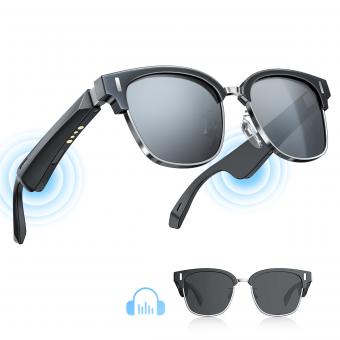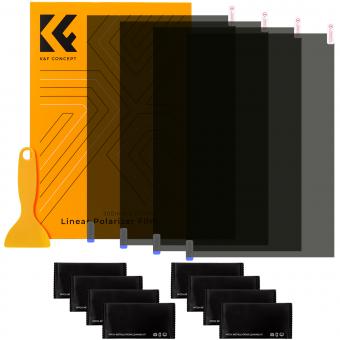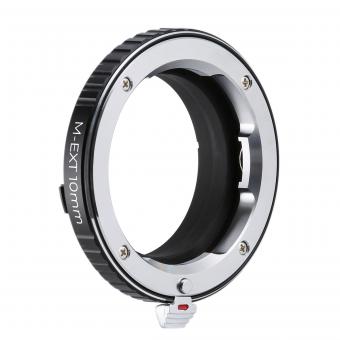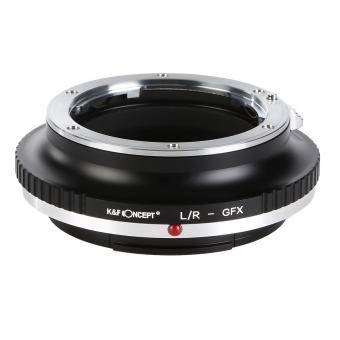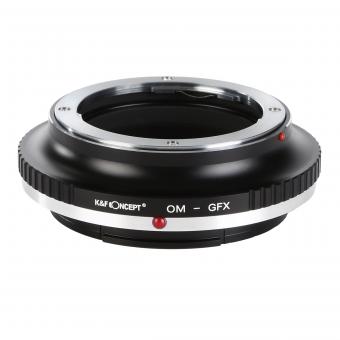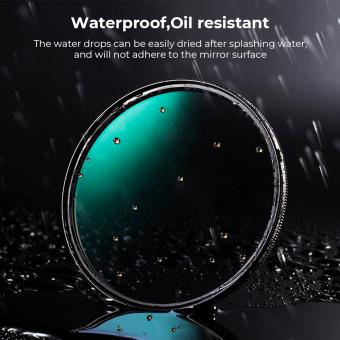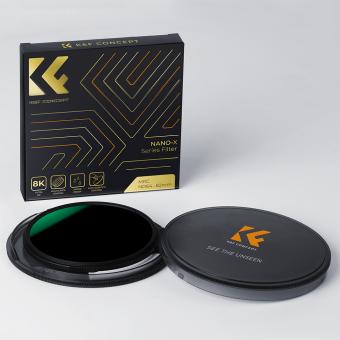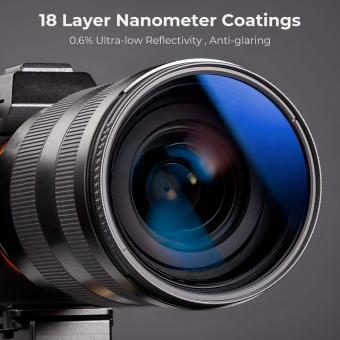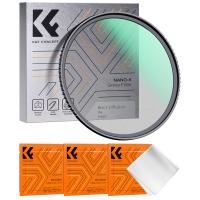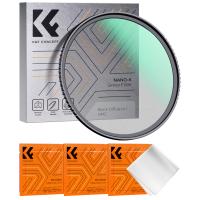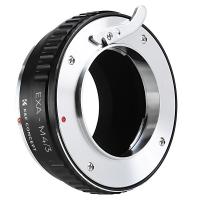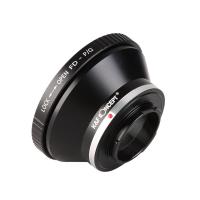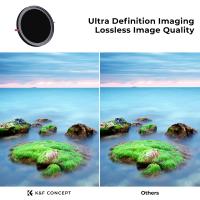Why Are Polarizing Filters Used In Sunglasses ?
Polarizing filters are used in sunglasses to reduce glare and improve visibility in bright sunlight. These filters work by blocking certain types of light waves that are reflected off of flat surfaces, such as water or pavement. When these waves are blocked, the amount of glare that reaches the eyes is reduced, making it easier to see clearly. Polarizing filters are particularly useful for activities such as driving, boating, and skiing, where glare can be a major safety hazard. Additionally, polarized sunglasses can help reduce eye strain and fatigue, making them a popular choice for outdoor enthusiasts and people who spend a lot of time in the sun.
1、 Reduces glare

Polarizing filters are used in sunglasses to reduce glare, which is caused by light reflecting off of surfaces such as water, snow, and roads. This glare can be not only annoying but also dangerous, as it can impair vision and cause eye strain. Polarizing filters work by blocking out the horizontal light waves that cause glare, while allowing vertical light waves to pass through. This results in a clearer, more comfortable view.
In addition to reducing glare, polarizing filters can also enhance color and contrast, making images appear more vibrant and sharp. This is particularly useful for outdoor activities such as hiking, fishing, and skiing, where it is important to be able to see details clearly.
Recent studies have also suggested that polarized sunglasses may have additional benefits for eye health. Exposure to UV radiation from the sun can cause damage to the eyes over time, leading to conditions such as cataracts and macular degeneration. Polarized lenses can help to block out harmful UV rays, protecting the eyes from damage.
Overall, polarizing filters are an important feature of sunglasses, providing both practical and health benefits for the wearer.
2、 Improves contrast

Polarizing filters are used in sunglasses to improve contrast and reduce glare. When light reflects off a flat surface, such as water or a road, it becomes polarized, meaning the light waves are aligned in a specific direction. This creates a glare that can be uncomfortable and even dangerous, especially when driving or participating in water sports. Polarizing filters work by blocking these horizontally polarized light waves, allowing only vertically polarized light to pass through. This reduces the glare and improves the clarity and contrast of the image.
In addition to reducing glare, polarizing filters can also enhance colors and reduce eye strain. By blocking out certain wavelengths of light, they can make colors appear more vibrant and true to life. This can be especially beneficial for outdoor activities such as hiking or fishing, where accurate color perception is important. Polarizing filters can also reduce eye strain by reducing the amount of light entering the eye, making it easier to see in bright conditions.
Recent studies have also suggested that polarizing filters may have additional benefits for eye health. Exposure to blue light, which is abundant in sunlight and electronic screens, has been linked to a range of eye problems including macular degeneration and cataracts. Polarizing filters can block out some of this blue light, reducing the risk of these conditions. Overall, polarizing filters are an important tool for protecting the eyes and improving visual clarity in bright conditions.
3、 Enhances color perception
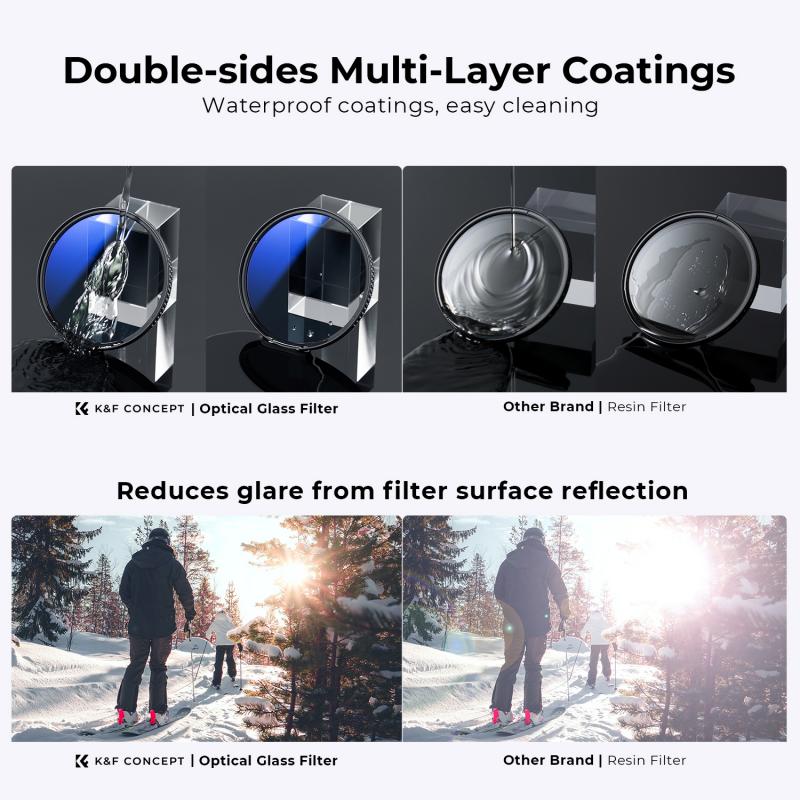
Polarizing filters are used in sunglasses to reduce glare and improve visual clarity. When light reflects off a flat surface, such as water or a road, it becomes polarized, meaning the light waves are aligned in a specific direction. This creates a glare that can be uncomfortable and even dangerous, especially when driving or participating in water sports. Polarizing filters work by blocking these horizontally polarized light waves, reducing the glare and allowing for better visibility.
In addition to reducing glare, polarizing filters can also enhance color perception. By blocking certain wavelengths of light, they can make colors appear more vibrant and saturated. This is particularly useful for outdoor activities such as hiking or fishing, where being able to distinguish between different shades of green or blue can be important.
Recent studies have also suggested that polarized sunglasses may have additional benefits for eye health. Exposure to UV radiation from the sun can increase the risk of cataracts and other eye conditions. Polarized lenses can block UV rays, providing an extra layer of protection for the eyes.
Overall, polarizing filters are an important feature of sunglasses for anyone who spends time outdoors. They can reduce glare, enhance color perception, and provide protection against harmful UV radiation.
4、 Reduces eye strain
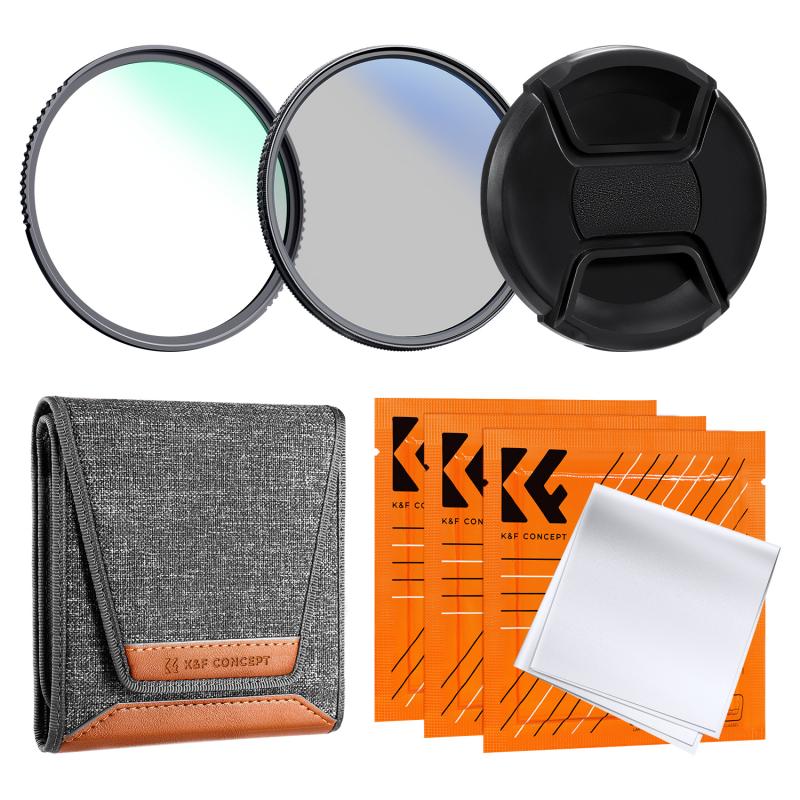
Polarizing filters are used in sunglasses to reduce glare and improve visual clarity. When light reflects off a flat surface, such as water or a road, it becomes polarized, meaning the light waves are aligned in a specific direction. This can create a bright, blinding glare that can be uncomfortable and even dangerous for the eyes. Polarizing filters work by blocking these horizontally polarized light waves, reducing the amount of glare and improving visibility.
In addition to reducing eye strain, polarizing filters can also provide other benefits. They can enhance color contrast and improve depth perception, making it easier to see objects in bright sunlight. They can also reduce the effects of haze and atmospheric distortion, making distant objects appear clearer and sharper.
Recent studies have also suggested that polarized sunglasses may have a positive impact on eye health. Exposure to UV radiation from the sun can increase the risk of cataracts and other eye conditions. Polarized lenses can block harmful UV rays, protecting the eyes from damage and reducing the risk of these conditions.
Overall, polarizing filters are an important feature of sunglasses that can provide a range of benefits for eye health and visual comfort. Whether you're driving, boating, or simply enjoying a sunny day outdoors, polarized sunglasses can help you see more clearly and protect your eyes from harmful UV radiation.

